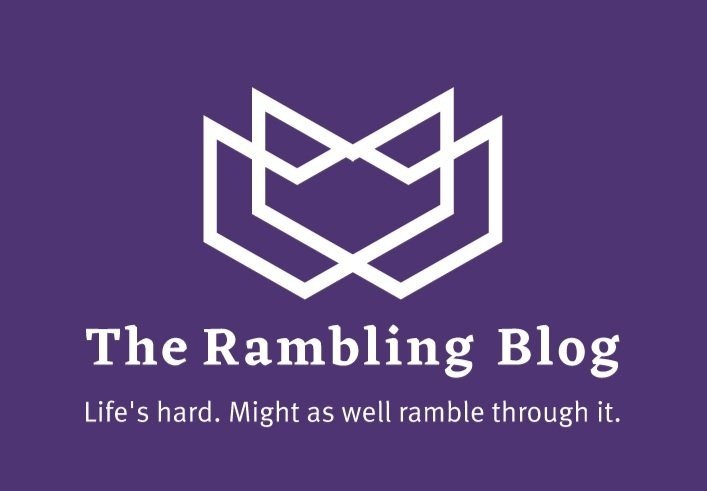The Walking Mind
Recently, I have struggled to think. My mind has been aflush with noise, a noise which I find increasingly incapable of escaping—the work grind, family commitments, attempts to keep up with friends, chores, World Cup matches, news, podcasts, books—turn my mind into a passive observer of itself, unable to actively hold onto a thought for more than a few moments before abandoning it for want of distraction. The neverending din leaves me exhausted, even after a weekend of supposed rest.
To try to cultivate more silence and remove noise, I have been drawn to the meditation cushion. At first, the deep breaths successfully calmed me, at least for a few moments. After 5 minutes on the mat, counting my breaths and observing my thoughts without judgement, I feel revitalized, at least temporarily. However, the feeling of noise creeps back into my mind as soon as my butt leaves the cushion.
As an alternative, I have turned to walking. In constrast to kneeling on the cushion, I have found more success meditating, finding silence, and organizing my thoughts while in motion. While hiking and walking, my mind is quiet in a way that is fundamentally different than it is on my meditation cushion. Instead of stillness of mind, I fully embrace my body. Rather, I remember that I am an embodied consciousness, not a soul or mind that is separate from a body. While walking on a cold winter night, the chill that runs through my bones reminds me of the body that I too often ignore throughout my workday. I can no longer ignore my cold legs, my shivering hands, or my numb toes. Despite the discomfort, I continue to walk. And walk further. And when the numb spreads across my toes, and my gloves begin to lose their warmth, I walk further still. As I walk, aimless, without a destination, my thoughts begin to creep in, sharp and crisp as the cold air in my lungs. No longer am I holding onto the stress of the work. Instead, my I am soaking up the beauty of the lights in the town square, reflecting off patches of ice that I attempt to avoid on my walk. The crowds that gathered here on the recently departed warm summer evenings have vanished, leaving the downtown sidewalks empty, save the few other pedestrains who race from their cars to the warm interiors of the restaurants and bars. The quiet loneliness of a winter reinvigorates my weary body, and refocuses my mind. For the first time in a long time, I experience the state of a playful, wandering mind.
Walks have a long and storied history among writers, with many writers and philosophers cultivating bizarre walking habits. Thoreau, Kant, Kierkegaard, and Nietszche all walked consistently, a habit that fulfilled different purposes for each of them. Walking was seen as a necessary part of thought. Ideas cultivated at a desk were viewed, by Nietzsche, as dangerous until they had undergone critical review on a long walk.
Sit as little as possible; do not believe any idea that was not born in the open air and of free movement — in which the muscles do not also revel. All prejudices emanate from the bowels. — Sitting still (I said it once already) — the real sin against the Holy Ghost.
- Friedrich Nietzsche, Ecce Homo
While walking through the woods or rambling about the town square, my mind clears, becoming less disordered. My thoughts have a weight, even purposiveness, that dwarf the intentional thoughts of the notebook which sits on my desk. There are entire books on walking, including The Philosophy of Walking by Frederic Gros and The Joy of Walking by Suzy Cripps. These writers both explore the thoughts of previous thinkers and how walking had a profound impact on their daily lives and influenced their famous philosophies. Walking, whether done in the countryside or on city pavement, becomes a physical manifestation of the same wandering mind. One may decide, without consideration of the decision, to suddenly turn left down an unknown street while at the same moment they pursue a new spark of an idea in their mind. The freedom to wander, unabated and uninterrupted, without a timetable or destination, is a great pleasure. For a short while, one is not stuck in productivity mode or tied to an encroaching sense of time. A morning or afternoon walk with no scheduled start or end is a freeing experience. One can just be, walk, and think however quickly or slowly one is inclined to in the unrestricted and undefined moment.
This winter I strive to walk in silence, in the cold, uninterrupted by podcasts or music, to clear the way for my mind.

